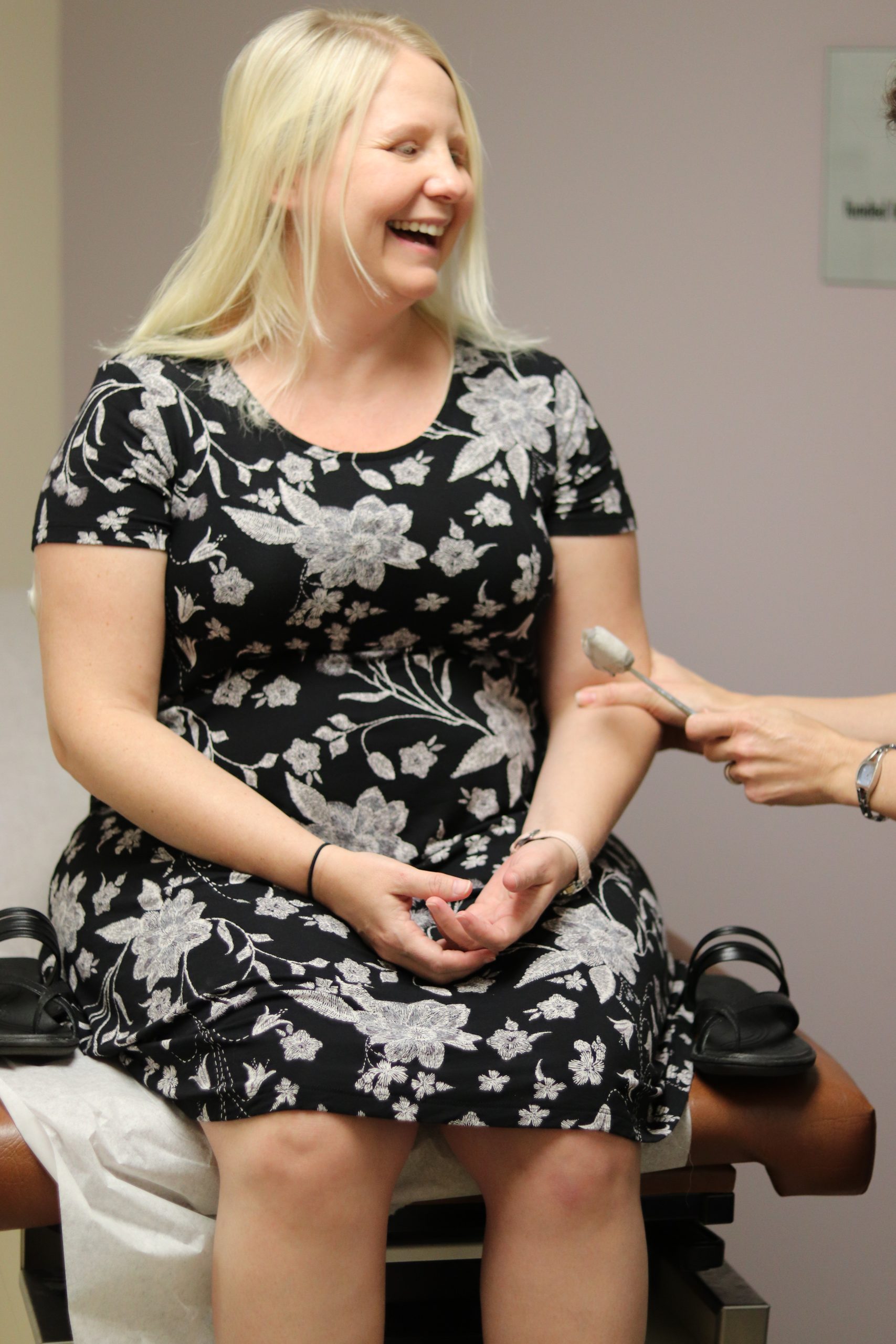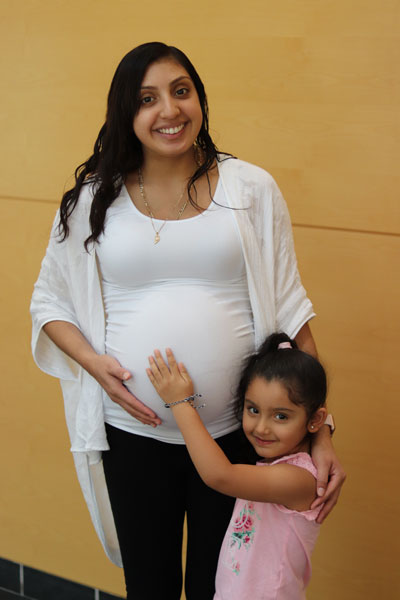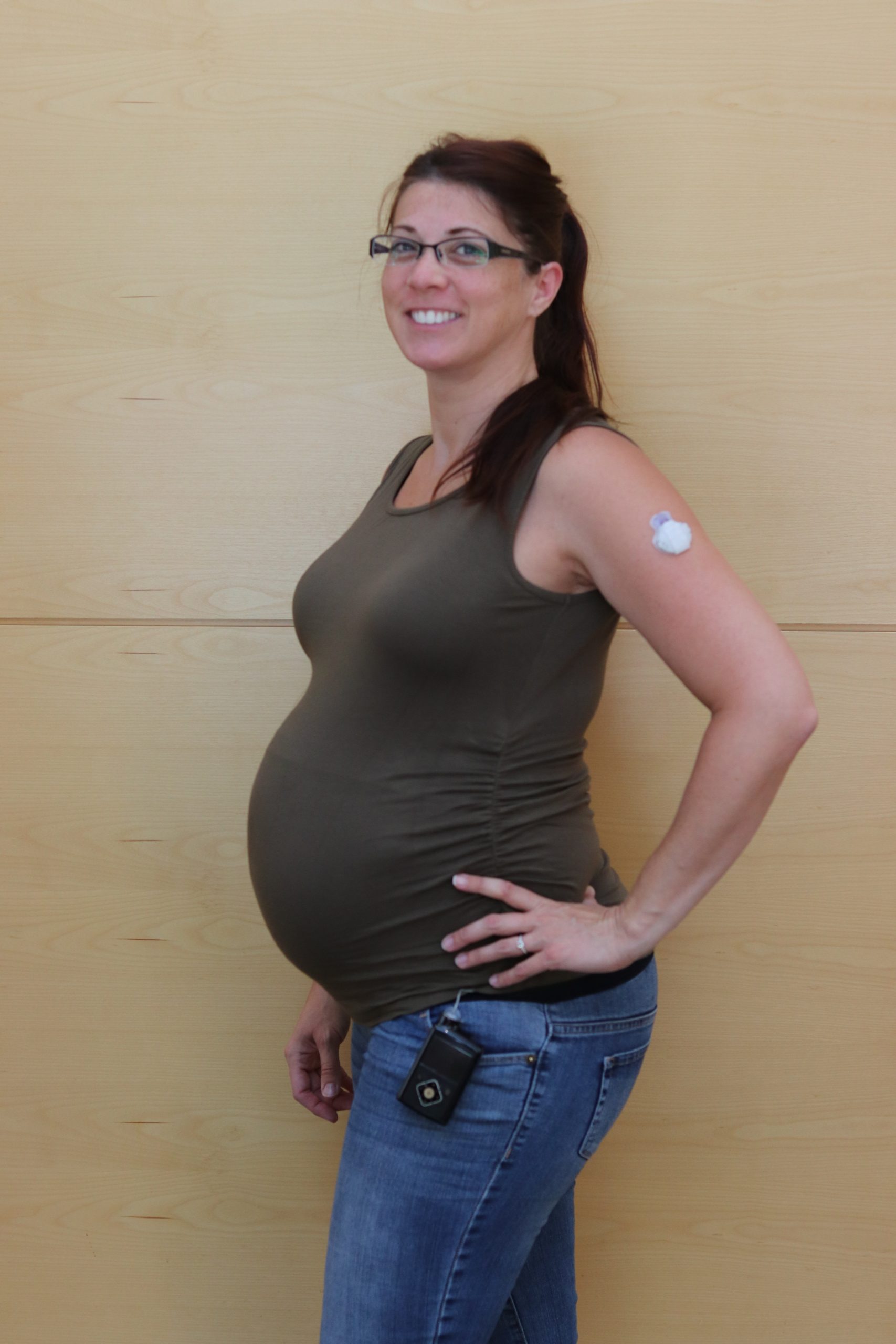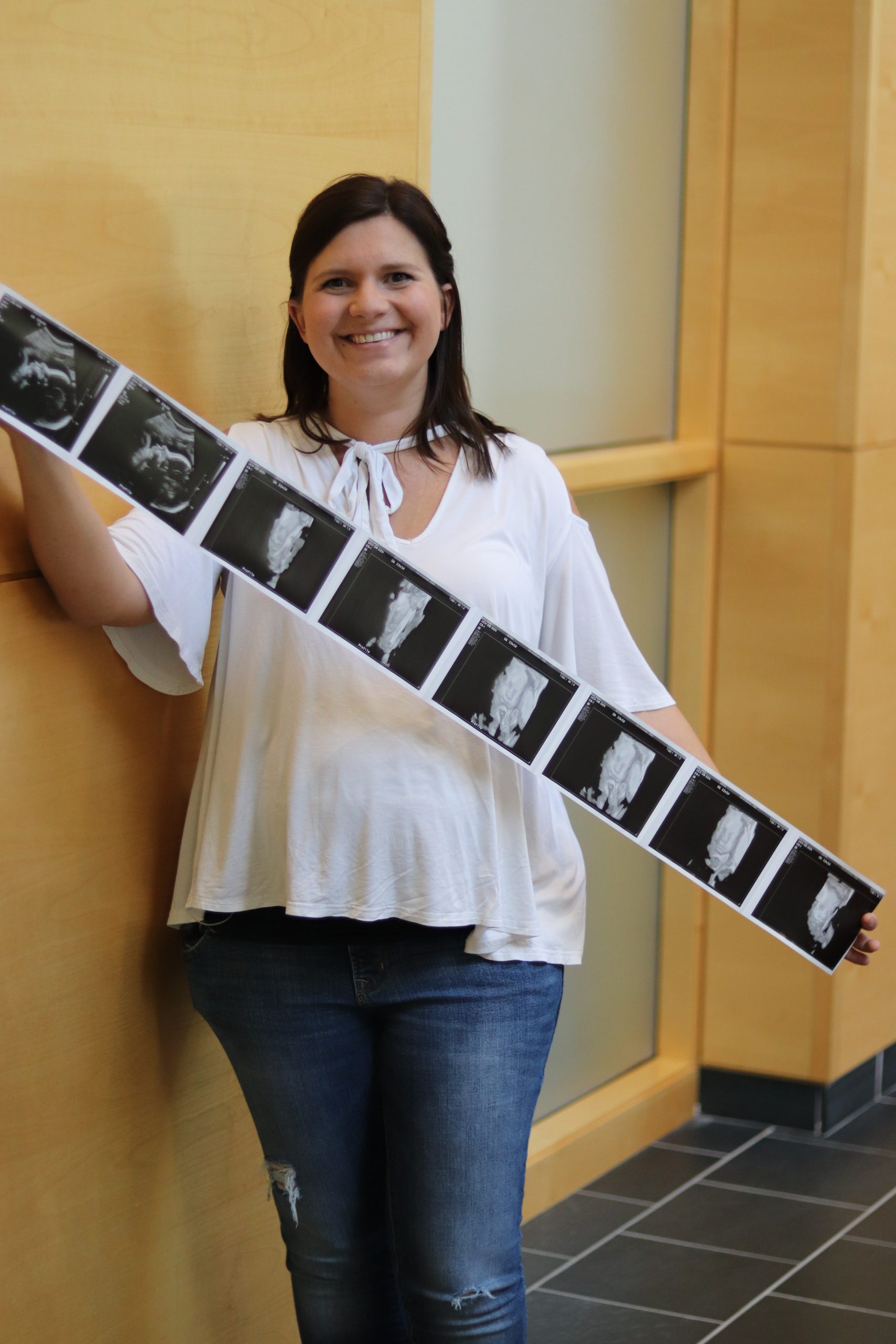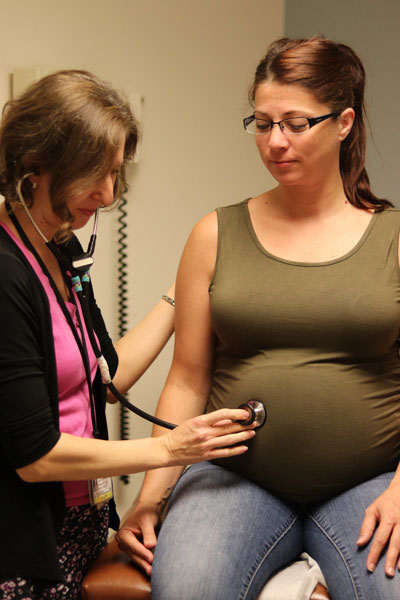Helping Little Hands Program
About the Program
The Helping Little Hands Program provides financial support for pregnant women with type 1 diabetes (T1D) to ensure they have the proper technology, supplies, and associated appointment funds to ensure a healthy pregnancy and baby. The program serves at-risk pregnant women who do not have access to Continuous Glucose Monitoring (CGM) systems and other related resources to improve their diabetes care.
In addition to costly CGMs and insulin pumps, many moms-to-be are also challenged with the following expenses. The Helping Little Hands Program provides support for these additional needs:
- Traveling expenses to the clinic for frequent appointments
- Extra test strips for more frequent blood sugar testing
- Burden of co-pay expense due to increased frequency of appointments
- Childcare costs for other kids during doctors appointments
- Frequent blood work expenses
Know the Facts
Blood sugar goals in pregnancy resemble normal or near-normal levels:
- A1C <6% for most of the pregnancy
- Fasting glucose 70-95
- Post-meal glucose <130-140 at 1 hour and <120 at 2 hours
Insulin dosing changes dramatically over the pregnancy:
- Usually insulin doses go down in the first trimester (insulin-sensitive phase)
- Insulin doses go up by double or triple in the 2nd and 3rd trimesters (insulin-resistant phase)
- Insulin needs decrease the most significantly after delivering the baby and placenta (to pre-pregnancy doses or less)
- Breastfeeding can reduce insulin doses further
Low blood sugar risks increase dramatically in the first trimester, which can be dangerous for mom and baby. Pregnant women often lose their body’s warning signs of low blood sugar. If low blood sugars are not caught and treated quickly, mom and baby may be in immediate danger.
Women with poorly controlled blood sugars at conception and in the first trimester have a higher risk of having infants with congenital malformations, while the risk of malformations in women with good blood sugar control approaches that of women without diabetes. The risk of malformations can be as high as 25% when A1c is > 10% at conception/early pregnancy. Women with type 1 diabetes should use some form of contraception until A1c is at least < 7.0% and ideally < 6.5%.
Why Diabetes Technology Is Needed
Technologies like insulin pumps and continuous glucose monitors are used to reduce the risk for complications in the pregnancy and to give the woman more control over her blood sugar levels. Continuous glucose monitors (CGMs) allow women to identify trends in glucose levels and, with some monitors, to get alerts in real-time when their levels are too high or too low.
Patients are able to download data from their insulin pump and CGMs to share with their clinician at the Barbara Davis Center to get expert advice on bolus changes. Because of hormones, changes in insulin resistance, and the physical exertion on the body, patients are often talking with their clinicians weekly to counteract those changes and to keep blood sugars in their target range.
Research shows that women who used a CGM during pregnancy had fewer large babies (>90th percentile), babies requiring intravenous dextrose (glucose) for low sugars, and babies requiring admission to the neonatal intensive care unit.
Supporting This Program
Please consider making a donation to the Helping Little Hands Program to help support every patient with type 1 diabetes achieve a happy, healthy pregnancy.
Testimonals
It’s hard to describe how hard being pregnant is when you have diabetes. Diabetes is hard already and so is pregnancy – you mix those two together and it’s hard to control.
I knew the BDC providers were doing everything in their power to ensure a healthy outcome for myself and my baby.
It is a huge undertaking for any woman to be pregnant, but diabetes added an additional level of surveillance and risk that required time and effort above and beyond what is expected of a pregnant person who does not have diabetes. Women with diabetes need more support to have healthy pregnancies.
It was harder to control my blood sugars during pregnancy because of the hormones fluctuating them so drastically, however it was more important because there was another human relying on me to take better care of it than before.
